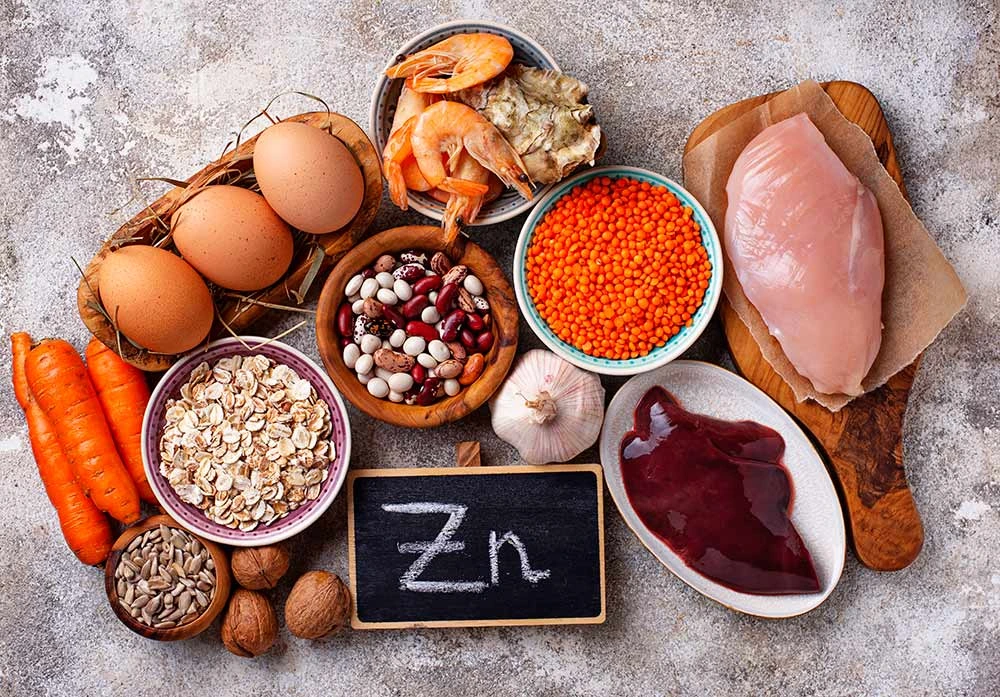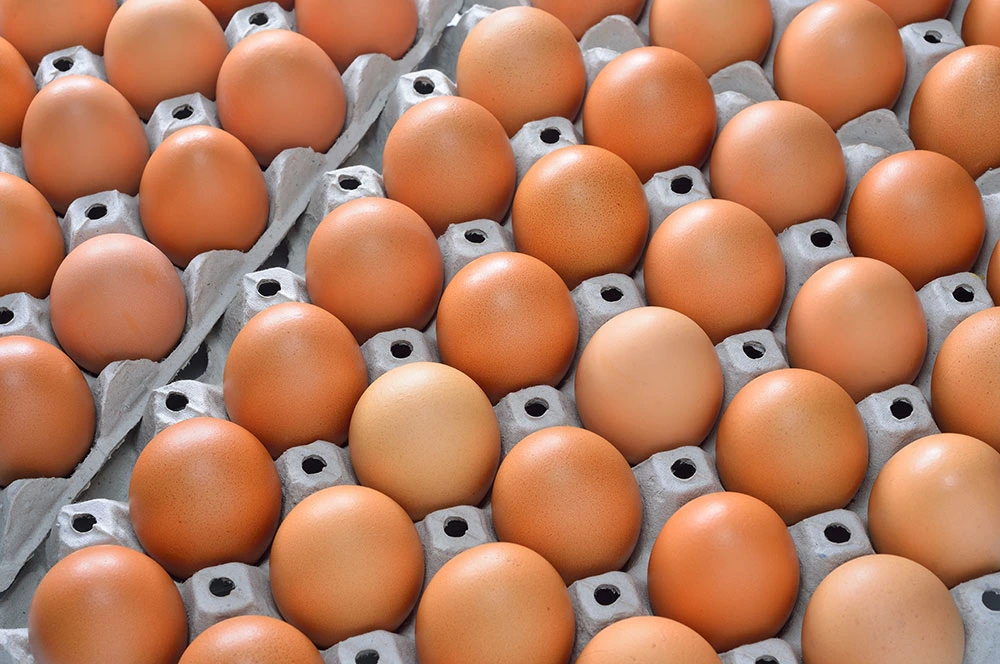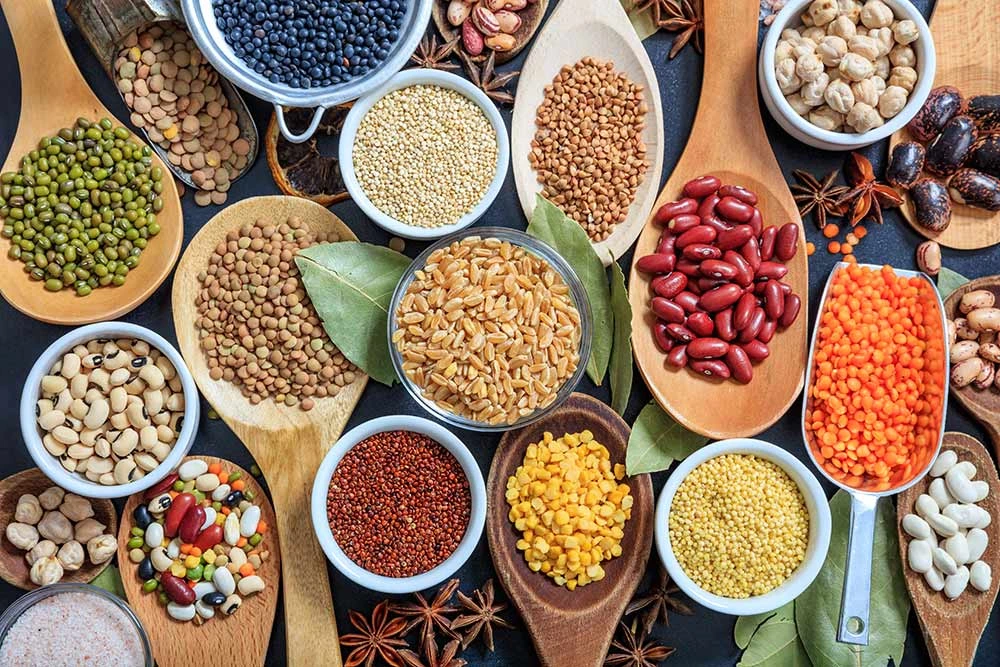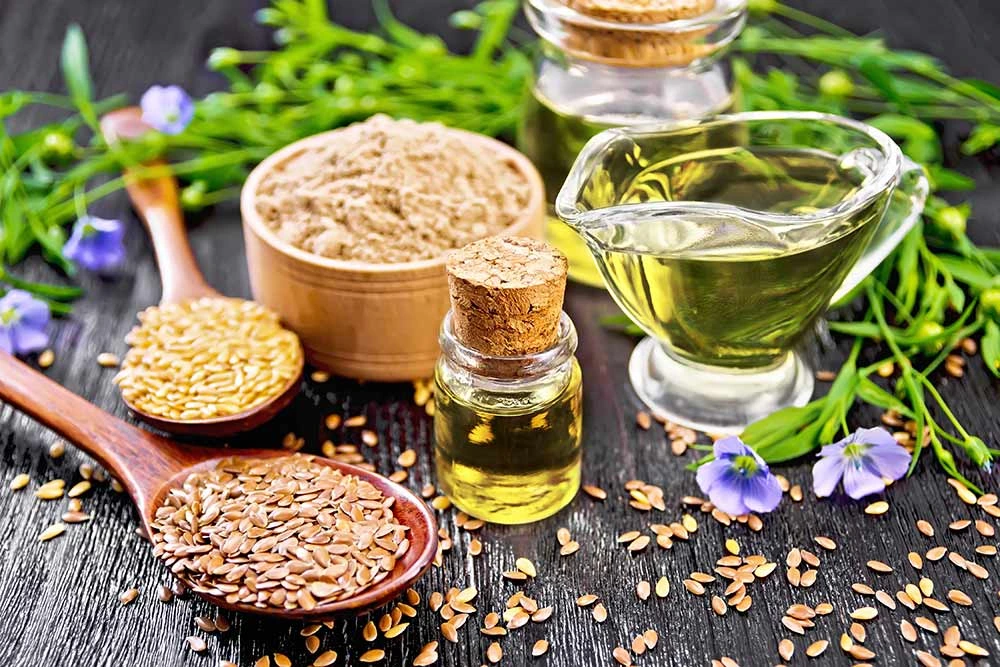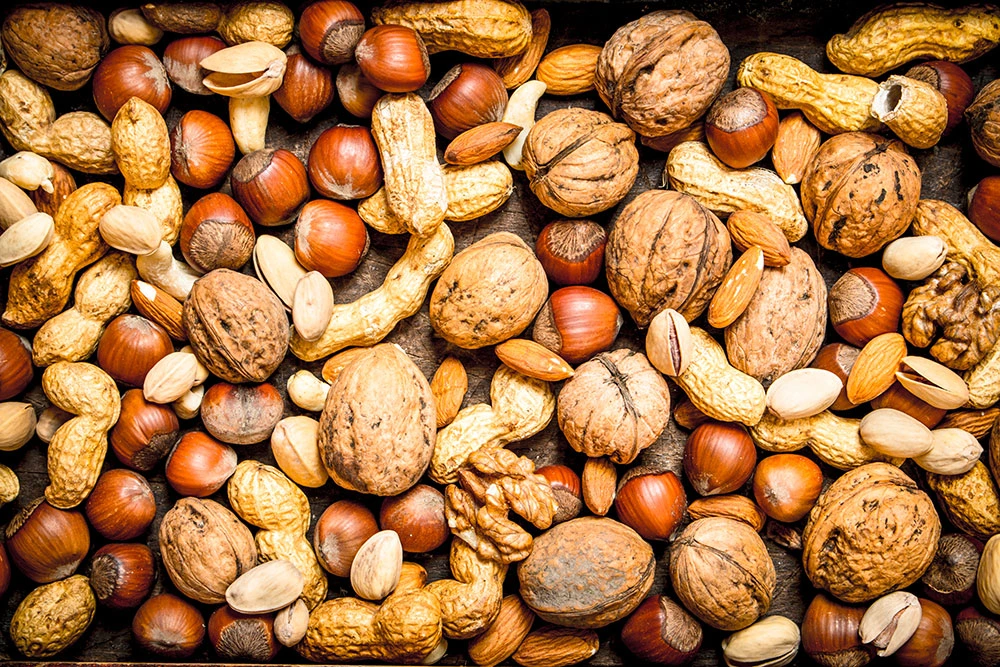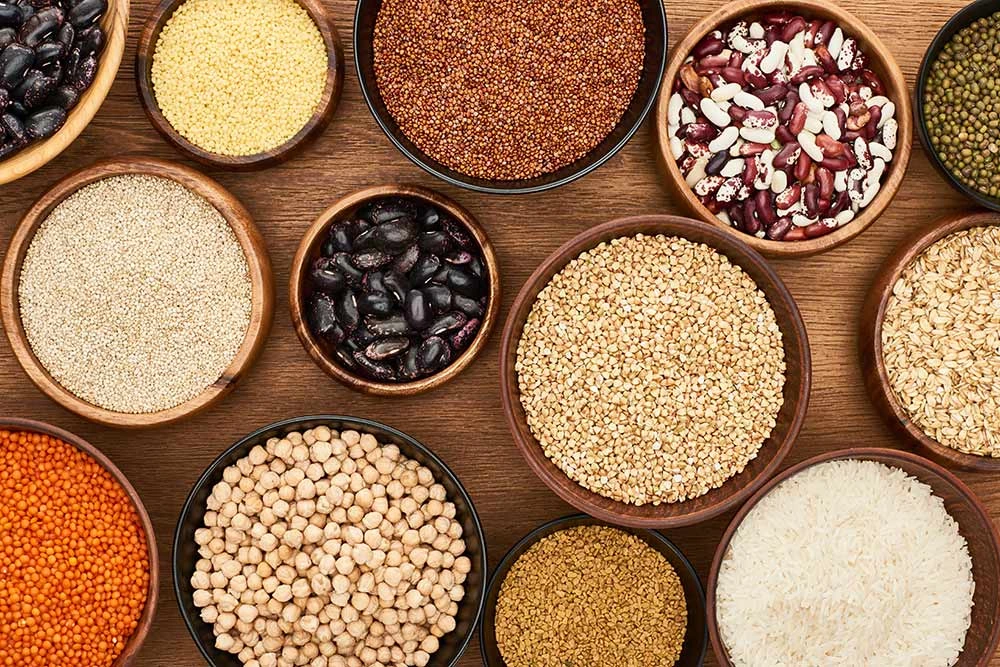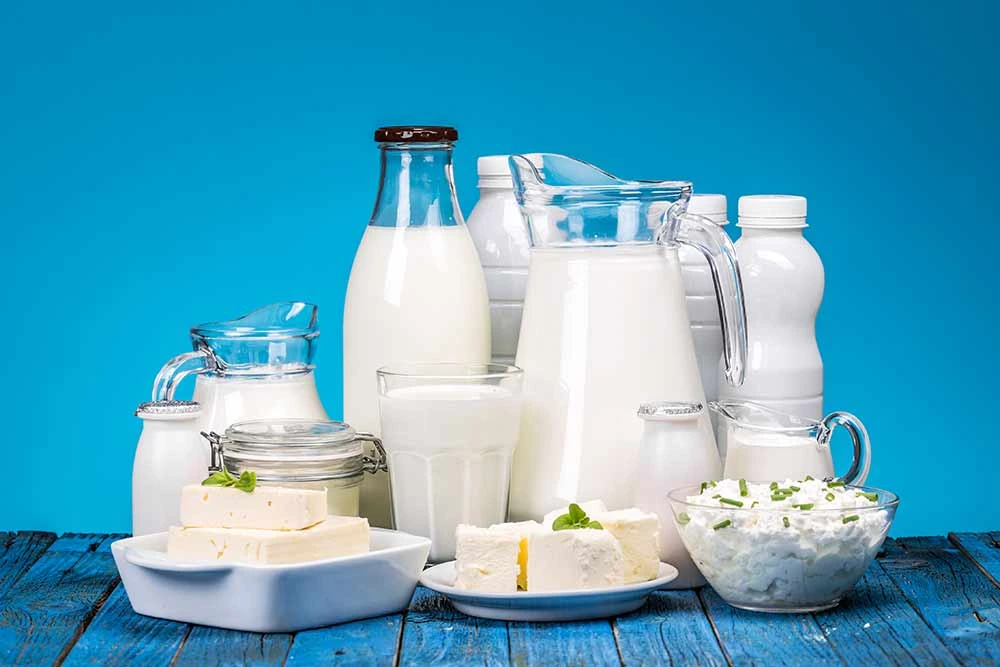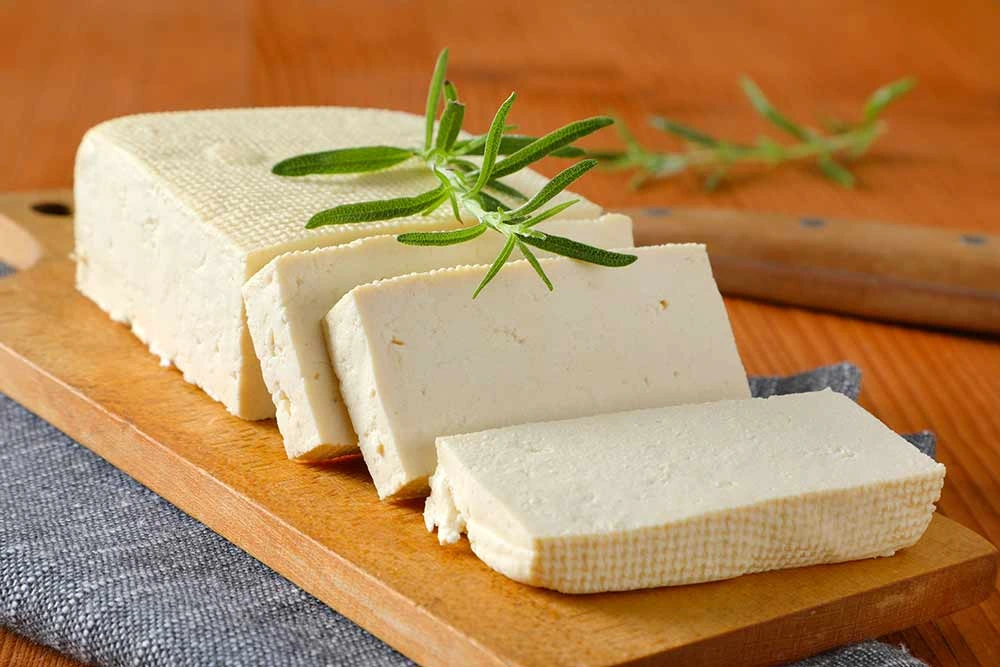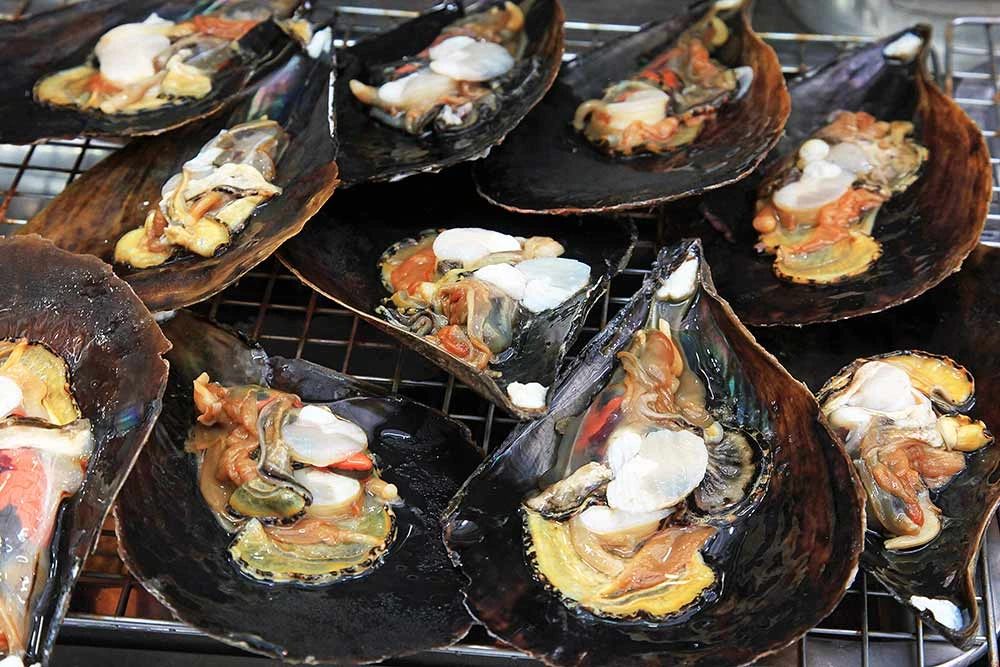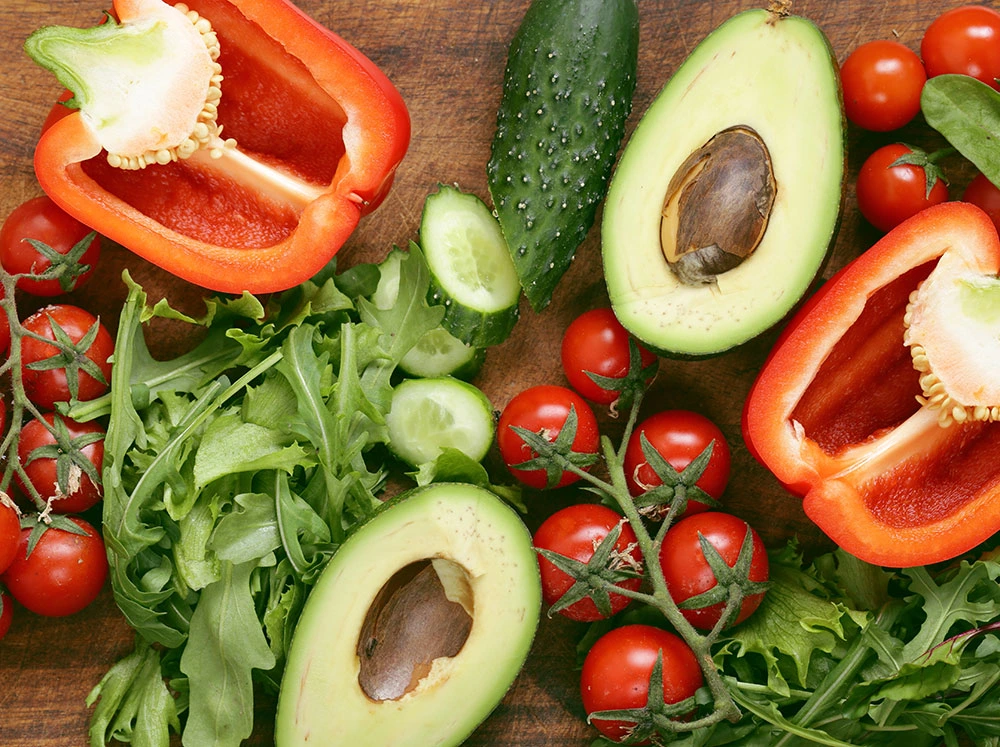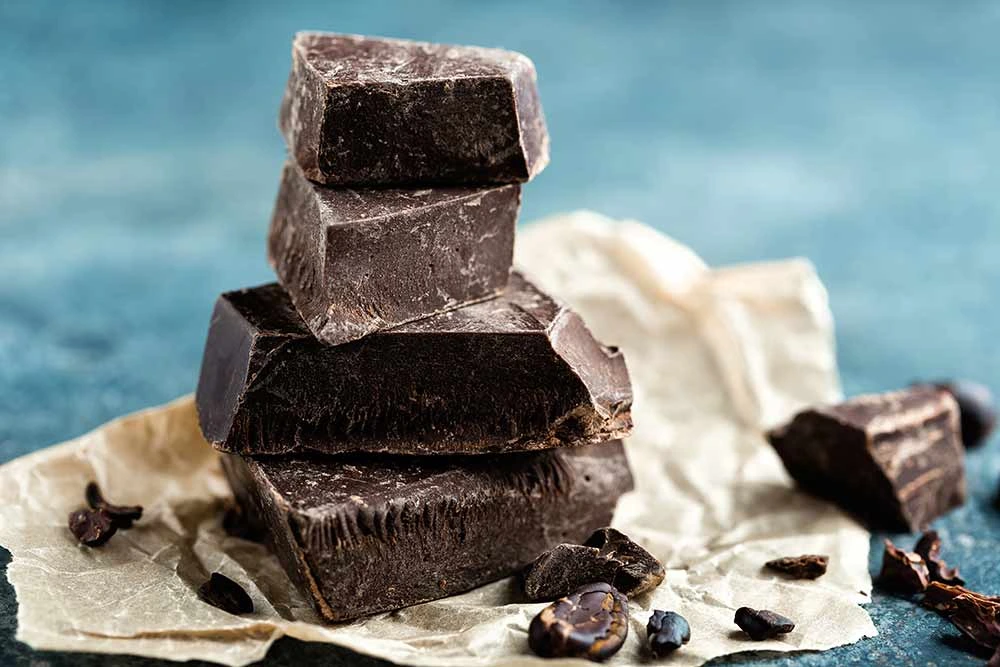Last updated on September 27th, 2022
Zinc, being an essential mineral plays a key role in different processes going all over the body. The mineral strengthens the person’s immunity; zinc helps in wound healing, as well as sharpens the senses of smell and taste. Zinc is particularly fundamental during infancy, pregnancy, and childhood for proper growth and development. Read this blog to know about an expert-curated list of zinc-rich foods for vegetarians and non-vegetarians people.
Dairy products and meat are some of the best sources of zinc. This indicates if a person is vegetarian and doesn’t consume meat or any animal product, the person may not be getting sufficient zinc in his or her diet.
Many multivitamins are composed of zinc; thus a person can consume zinc supplements. But numerous plant sources of zinc are available as well, which assist vegans and vegetarians, meet their recommended daily intake. Getting adequate zinc as a vegan or vegetarian assists a person in protecting the body against bacteria and viruses, healing from injuries, and much more.
Zinc is also required for producing more than 300 enzymes. It is the most abundant metal found in the body next to iron. Zinc is imperative for the proper working of the human body. Its deficiency may cause mental fatigue, loose stools, hair loss, abnormal taste, male infertility, and delayed wound healing. Vegetarians and vegans must particularly be aware of zinc, as its availability is quite less in plant foods as compared to animal foods.
Also Read: Normal Blood Glucose Levels
Why is Zinc Required?
Zinc is not stored in the body, thus a person needs to get an adequate amount every day so that a deficiency can be avoided. Symptoms of zinc deficiency can be:
- Loss of appetite
- Delayed healing
- Bad taste
- Hair loss
- Poor immune function
People at risk of zinc deficiencies may include:
- Children
- Teens
- Females who are pregnant or lactating
- Individuals with medical conditions like digestive disorders, sickle cell disease
- People who consume a plant-based diet
How much zinc is required daily? The amount of zinc a person requires varies depending upon certain factors such as age and sex. Adult females require about 8 mg of zinc every day, while adult males require 11 mg per day. Pregnant females need at least 11 mg every day, and those who are lactating must aim for 12 mg per day.
Also Read: Best Vitamins and Supplements for Diabetes
Zinc Rich Foods Essential For:
- Lowering inflammation: Zinc assists in reducing oxidative stress and thus, inflammation in the body.
- Building immune health: Zinc is a vital mineral for building immunity. It assists activation of T-cells, which are responsible for controlling immune response as well as attacking and destroying the infected cells.
- Reducing the risk of various age-associated problems: Zinc lowers the risk of developing various age-related conditions such as pneumonia and macular degeneration.
- Improving wound healing: Zinc helps in cell growth, collagen formation, as well as inflammatory responses, making it vital for appropriate wound healing.
Also Read: Reverse your Diabetes Now
List of Zinc Rich Foods
A vegan or vegetarian person may be at a higher risk of zinc deficiency. However, there are enough plant foods that contain zinc to aid a person meet his or her daily needs. These plant foods are zinc-based foods:
Meat
Meat is an exceptional source of zinc. Red meat is a predominantly good source; however plentiful quantities might be present in all diverse types of meat, such as pork, beef, and lamb. Zinc is a great source of essential nutrients including creatine, iron, and B vitamins. Consumption of large amounts of red meat, chiefly processed meat, has been associated with an augmented risk of heart problems as well as some cancers.
Eggs
Eggs consist of a moderate quantity of zinc and help a person meet his or her daily target. One large egg is composed of about 77 calories, 6 grams of protein, 5 grams of healthy fats, and some vitamins and minerals, like selenium or B vitamins. Whole eggs also contain choline, a nutrient that the majority of individuals fail to get plenty of it.
Read More: Relationship Between Eggs and Diabetes?
Legumes
Legumes such as beans, lentils, and chickpeas are rich sources of protein, vitamins, and minerals like zinc. ½ cup of chickpeas provides about 1.3 mg of zinc, and ½ cup of kidney beans gives 0.9 mg. also, legumes contain phytates, which may have an impact on zinc absorption. Cooking, fermenting, or sprouting them may assist in minimizing phytates, making it easier for the body to absorb zinc.
Seeds
Seeds are another outstanding source of this mineral. Pumpkin seed’s zinc content is 28 grams of pumpkin seeds consisting of 2.2 mg. Seeds are a strong addition that can be added to a person’s diet and assist in increasing the consumption of zinc. Other seeds comprising considerable amounts of zinc can be sesame and pumpkin seeds. Besides boosting zinc consumption, seeds are composed of fiber, healthy fats, vitamins as well as minerals. Also, seeds help in reducing the levels of cholesterol and blood pressure.
Also Read: How to Lower Blood Sugar Level?
Nuts
Nuts are packed with protein, fiber, good fats, and other vital vitamins and minerals. Also, nuts provide varying quantities of zinc, as well. 28-gram serving of cashews offers around 1.6 mg zinc, while a similar amount of dry-roasted almonds offers 0.9 mg. Consuming nuts such as peanuts, pine nuts, almonds, and cashews help boost a person’s ingestion of zinc. If a person is looking for a nut rich in zinc, cashews are an ideal choice. Zinc-rich nuts are also an immediate and handy snack and have been associated with a decrease in risk factors for some conditions such as cardiovascular disease, diabetes, and cancer. Moreover, people who consume nuts tend to live longer as compared to people who don’t, making nuts a very healthy addition to a person’s diet.
Read More: Top dry fruits for people with Diabetes
Whole Grains
Whole grains such as oats, wheat, quinoa, and rice are composed of zinc. On the other hand, just like legumes, grains consist of phytates, which get bound to zinc and lower their absorption. Whole grains consist of more phytates as compared to refined versions and are expected to provide less zinc. They are significantly better for overall health and are a rich source of vital nutrients such as vitamin B, fiber, iron, magnesium, selenium, phosphorus, and manganese. In actual fact, the consumption of whole grains has been associated with a longer life and offers other health benefits, like a lowered risk of obesity, diabetes, and heart conditions. ½ of oats packs about 1.5 mg of zinc.
Dairy
Dairy foods such as milk and cheese offer a host of nutrients, such as zinc. Milk and cheese are the two most considerable zinc sources, as they comprise rich amounts of bioavailable zinc, indicating the person’s body can absorb most of the zinc from these foods.
Tofu
Prepared from soybeans, tofu is a vital source of protein, minerals like magnesium, manganese, calcium, and zinc. A 4-ounce serving of tofu gives around 1.8 mg of zinc. The majority of vegans and vegetarians utilize tofu to replace meat as it absorbs flavors well.
Shellfish
Shellfish are nourishing, free of calories, and a good source of zinc. Oysters are composed of predominantly high amounts, with six medium oysters offering about 32 mg. Also, Alaskan crab consists of 7.6 mg per 100 grams. Smaller shellfish such as mussels or shrimp are rich sources as well. However, if a person is pregnant, she must make sure that shellfish are completely cooked prior to consumption. This decreases the risk of food poisoning.
Some Veggies
Usually, fruits and veggies are poor sources of zinc. On the other hand, few veggies consist of reasonable amounts and may add to the person’s daily requirements, particularly if he or she doesn’t consume meat. Even though veggies don’t contain a lot of zinc, consumption of veggie-rich zinc in the diet is associated with a decreased risk of chronic problems such as heart disease and cancer.
Dark chocolate
Unexpectedly, dark chocolate is composed of good amounts of zinc. In actual fact, 100 grams of 70–85% dark chocolate is composed of around 3.3 mg of zinc. However, 100 grams of dark chocolate zinc consists of 600 calories as well. Thus, while it delivers some healthy nutrients, it is also rich in calories.
These are some of the zinc-rich foods that are known to be the highest sources of zinc.
Summary
Zinc is a mineral indispensable for good health and well-being. It’s needed to perform several functions of more than 300 enzymes. Zinc is also involved in a number of vital body processes. The mineral helps in metabolizing nutrients, building immunity, as well as helps in repairing the body tissues. A person’s body doesn’t store zinc, therefore he or she requires consuming a sufficient amount daily to meet his or her daily requirements. It is suggested that males should consume 11 mg of zinc per day, whereas females require 8 mg. A pregnant lady requires 11 mg per day, and a breastfeeding lady needs 12 mg. Thus, consuming a healthy balanced diet including zinc-enriched foods must gratify each person’s requirements.
And best zinc foods include nuts, seeds, meat, legumes, dairy, and seafood. These foods are simple yet luscious additions to one’s diet.
Also Read: Makhana benefits
FAQs:
Is it safe to eat zinc-rich foods daily?
Consuming zinc in high amounts is quite unsafe or risky. High doses of zinc when taken more than its advised amounts may bring about cough, fever, tiredness, stomach pain, and many other problems. Consuming over 100 mg of natural zinc supplement every day or consuming supplemental zinc for 10 or more years doubles the risk of developing prostate cancer.
Which is the most absorbable form of zinc?
Zinc comes in numerous forms. The least expensive one is zinc sulfate; also it is the least absorbable form and may lead to stomach upset. More easily absorbed forms of zinc may include zinc citrate, zinc glycerate, zinc monomethionine, zinc picolinate, and zinc acetate.
Why is zinc vital for vegetarians?
It’s significant to note, although, that few plant foods are composed of phytates, which are seen to bind to zinc. This leads to improper absorption of zinc. Getting an adequate amount of zinc as a vegan or vegetarian assists a person’s body in protecting against microorganisms, healing from injuries, and more.
Is banana a good source of zinc?
Even though bananas are rich in carbs, protein, fiber, fat, and vitamins A, C, and B6, they chiefly lack iron, iodine, and zinc.
References:
- https://www.myfooddata.com/articles/zinc-foods-for-vegans-vegetarians.php
- https://www.healthline.com/nutrition/best-foods-high-in-zinc
- https://www.everydayhealth.com/pictures/best-food-sources-zinc/
Last Updated on by Dr. Damanjit Duggal
Disclaimer
This site provides educational content; however, it is not a substitute for professional medical guidance. Readers should consult their healthcare professional for personalised guidance. We work hard to provide accurate and helpful information. Your well-being is important to us, and we value your feedback. To learn more, visit our editorial policy page for details on our content guidelines and the content creation process.

 English
English
